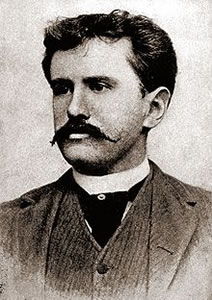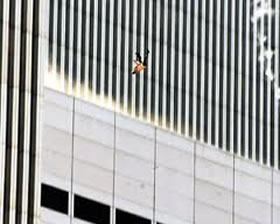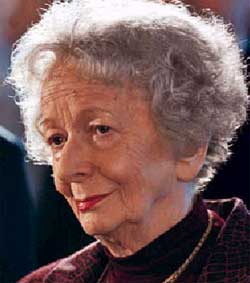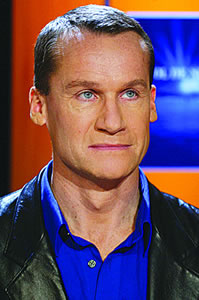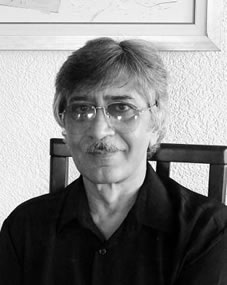De Engelse dichter en schrijver D.H. Lawrence werd geboren op 11 september 1885 in Eastwood (Nottinghamshire). Zie ook alle tags voor D. H. Lawrence op dit blog.
Glory
Glory is the sun, too, and the sun of suns,
and down the shafts of his splendid pinions
run tiny rivers of peace.
Most of his time, the tiger pads and slouches in a burning
peace.
And the small hawk high up turns round on the slow pivot of
peace
Peace comes from behind the sun, with the peregrine falcon,
and the owl.
Yet all of these drink blood.
What would you fight for?
I am not sure I would always fight for my life.
Life might not be worth fighting for.
I am not sure I would always fight for my wife.
A wife isn’t always worth fighting for.
Nor my children, nor my country, nor my fellow-men.
It all deprnds whether I found them worth fighting for.
The only thing men invariably fight for
Is their money.But I doubt if I’d fight for mine, anyhow
not to shed a lot of blood over it.
Yet one thing I do fight for, tooth and nail, all the time.
And that is my bit of inward peace, where I am at one
with myself.
And I must say, I am often worsted.
Self Pity
I never saw a wild thing
sorry for itself.
A small bird will drop frozen dead from a bough
without ever having felt sorry for itself.
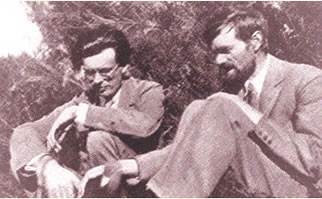
D.H. Lawrence (11 september 1885 – 2 maart 1930)
Hier met Alldous Huxley (links) in Taos, 1929

